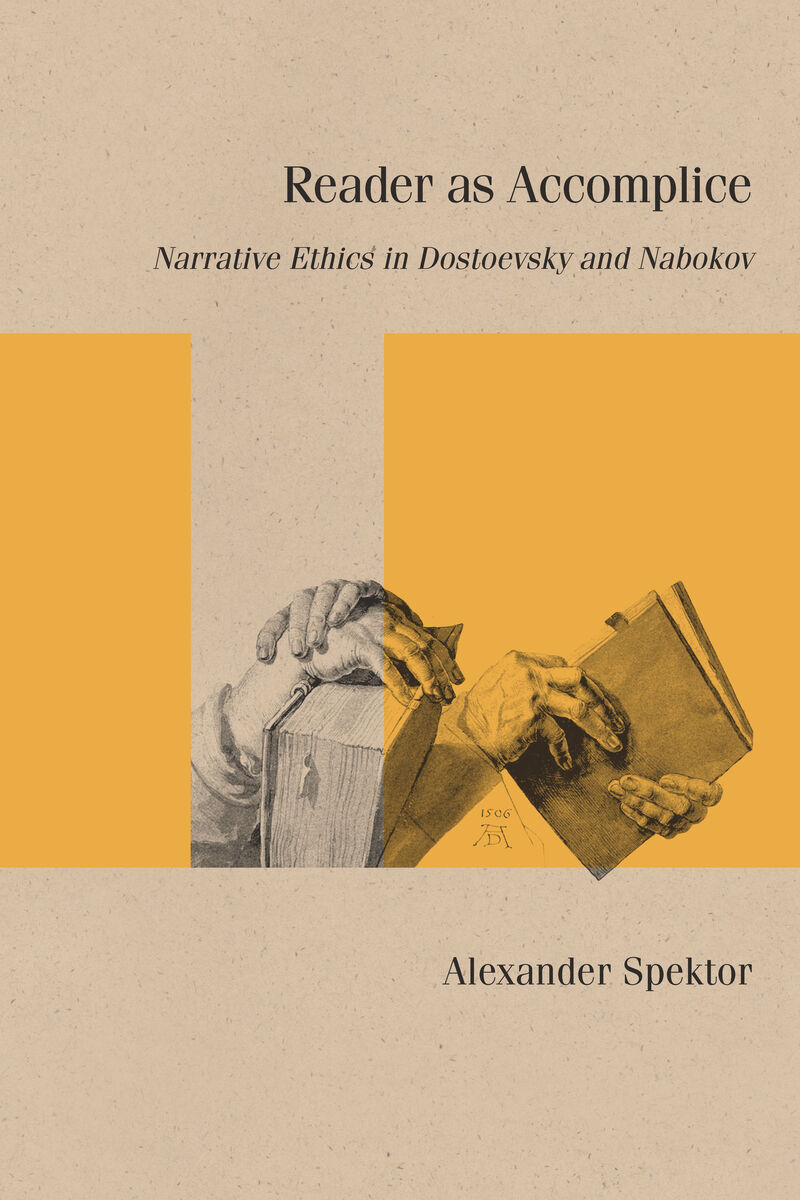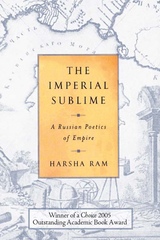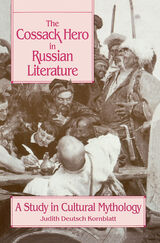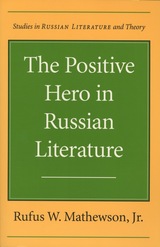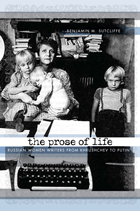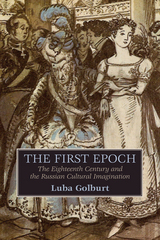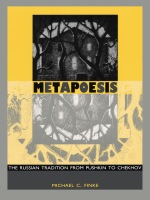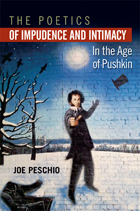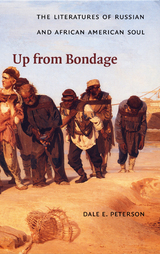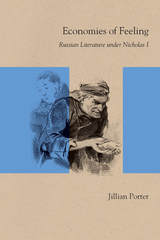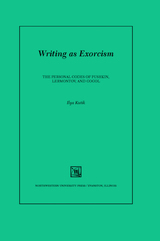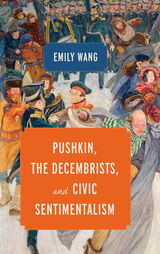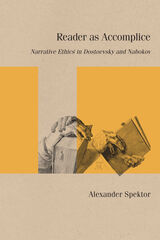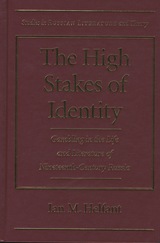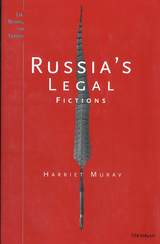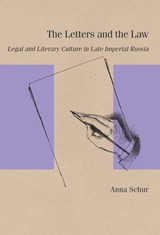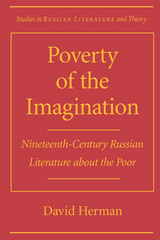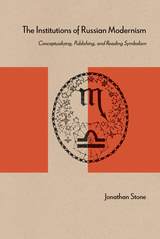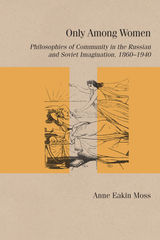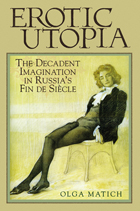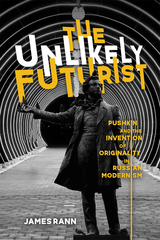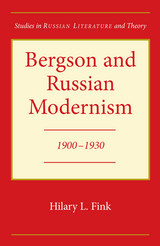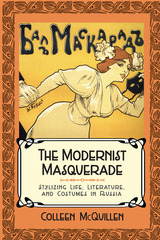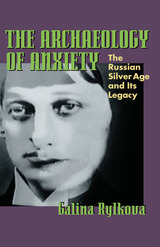“A paradigm-setting book that boldly recasts our understanding of Bakhtin and, through him, the authors with whom he has often been placed in dialogue. Particularly important is Spektor’s profound revision of the notion of polyphony, which has (mis)guided readers of Dostoevsky for several decades. His engrossing analysis of Dostoevsky and Nabokov grows out of a transformative polemic with Bakhtin’s Problems of Dostoevsky’s Poetics, which Spektor reads through the lens of Bakhtin’s ‘dark’ work of the 1940s.” —Eric Naiman, author of Nabokov, Perversely
— -
“Nabokov disliked Dostoevsky as artist and moralist. But Alexander Spektor, in this provocative and close-grained study, asks us to look beyond matters of personal preference to the actual working of both writers’ great novels, how they nurture and bind the reader. The result is fresh insight into the relation between authorship and freedom, reading and ethical maturation, and narrative plot inexorably experienced as acts of witnessing.” —Caryl Emerson, author of The Cambridge Introduction to Russian Literature— -
“Alexander Spektor’s task, to pair Dostoevsky and Nabokov, is not an easy one, and yet he succeeds. He looks at the ‘ethics of form,’ and not at the writers’ moral preoccupation (or lack thereof). In the end, Spektor’s Reader as Accomplice shows how—through intricate use of literary form—both Dostoevsky, a Christian ethicist, and Nabokov, a self-professed amoralist, create literature that puts the reader into the position of appreciating the ethical complexities and contradictions inherent in the act of writing.” —Irina Paperno, author of “Who, What Am I?”: Tolstoy Struggles to Narrate the Self
“Reader as Accomplice offers a vital and revitalizing juxtaposition of Dostoevsky and Nabokov, emphasizing the intertwined responsibilities of author, reader, and character that each of these two giant figures brought to literary art. Spektor proves dazzlingly that despite their many differences, these two writers shared profound ethical concerns about all discursive relationships, and that reading them in light of one another brings new sharpness and potential to our understanding of both. For Spektor, readers, authors, and characters all share profound ethical responsibility for the acts unfolding within and beyond the text.” —Stephen H. Blackwell, author of The Quill and the Scalpel: Nabokov's Art and the Worlds of Science
"Reader as Accomplice makes a valuable contribution to scholarship by tackling two dominant authorial myths: Dostoevsky’s polyphonic author who refuses to say the 'final word,' and Nabokov’s tyrannical author who has final words aplenty, despite the fact that his texts are built on the paradoxical tension 'between control and submission, political resistance and ethical responsibility, authenticity and constructedness.' Spektor provocatively declares that, 'the authorial figure who demands unambiguous submission from the readers is Nabokov’s best mystification.' Spektor’s reading sets us free from limiting authorial myths, but places on us the burden of responsibility for participation in the power dynamics of fictional discourse and interpretation." —Irina M. Erman, The Russian Review
"Alexander Spektor makes a persuasive case that the deepest link that connects Nabokov to Dostoevskii is a shared commitment to personal freedom and moral responsibility, and that this first principle of their philosophy becomes visible when viewed through the lens of narrative ethics." —Dana Dragunoiu, Slavonic and East European Review— -
